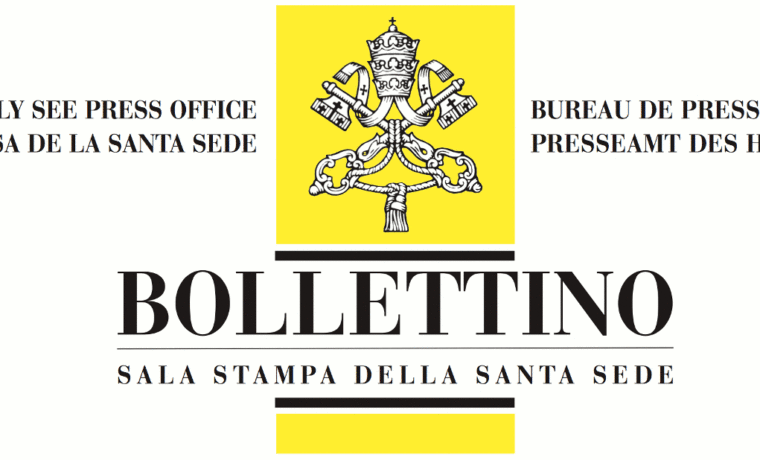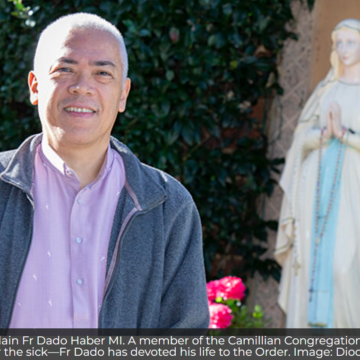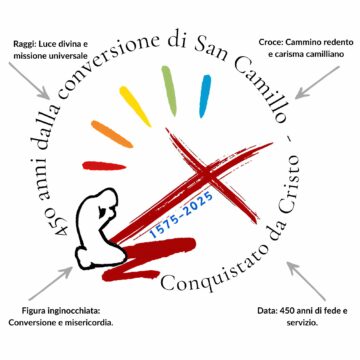To My Venerable Brother
Cardinal Peter Kodwo Appiah Turkson
Prefect of the Dicastery for Promoting
Integral Human Development
I offer a cordial welcome to the participants in the Thirty-second International Conference on the theme Addressing Global Health Inequalities. I express my gratitude to all those who have worked to organize this event, in particular, to the Dicastery for Promoting Integral Human Development and the International Confederation of Catholic Health Care Institutions.
Last year’s Conference took note of encouraging data on the average life expectancy and on the global fight against pathologies, while at the same time pointing out the widening gap between the richer and poorer countries with regard to access to medical products and health-care treatment. Consequently, it was decided to address the specific issue of inequalities and the social, economic, environmental and cultural factors underlying them. The Church cannot remain indifferent to this issue. Conscious of her mission at the service of human beings created in the image of God, she is bound to promote their dignity and fundamental rights.
To this end, the New Charter for Health Care Workers states that “the fundamental right to the preservation of health pertains to the value of justice, whereby there are no distinctions between peoples and ethnic groups, taking into account their objective living situations and stages of development, in pursuing the common good, which is at the same time the good of all and of each individual” (No. 141). The Church proposed that the right to health care and the right to justice ought to be reconciled by ensuring a fair distribution of healthcare facilities and financial resources, in accordance with the principles of solidarity and subsidiarity. As the Charter notes, “those responsible for healthcare activities must also allow themselves to be uniquely and forcefully challenged by the awareness that ‘while the poor of the world continue knocking on the doors of the rich, the world of affluence runs the risk of no longer hearing those knocks, on account of a conscience that can no longer distinguish what is human’” (No. 91; Caritas in Veritate, 75).
I am pleased to learn that the Conference has drafted a project aimed at concretely addressing these challenges, namely, the establishment of an operational platform of sharing and cooperation between Catholic health care institutions in different geographical and social settings. I willingly encourage those engaged in this project to persevere in this endeavour, with God’s help. Healthcare workers and their professional associations in particular are called to this task, since they are committed to raising awareness among institutions, welfare agencies and the healthcare industry as a whole, for the sake of ensuring that every individual actually benefits from the right to health care. Clearly, this depends not only on healthcare services, but also on complex economic, social, cultural and decision-making factors. In effect, “the need to resolve the structural causes of poverty cannot be delayed, not only for the pragmatic reason of its urgency for the good of society, but because society needs to be cured of a sickness which is weakening and frustrating it, and which can only lead to new crises. Welfare projects, which meet certain urgent needs, should be considered merely temporary responses. As long as the problems of the poor are not radically resolved by rejecting the absolute autonomy of markets and financial speculation and by attacking the structural causes of inequality, no solution will be found for the world’s problems or, for that matter, to any problems. Inequality is the root of social ills.” (Evangelii Gaudium, 202).
I would like to focus on one aspect that is fundamental, especially for those who serve the Lord by caring for the health of their brothers and sisters. While a well-structured organization is essential for providing necessary services and the best possible attention to human needs, healthcare workers should also be attuned to the importance of listening, accompanying and supporting the persons for whom they care.
In the parable of the Good Samaritan, Jesus shows us the practical approach required in caring for our suffering neighbour. First, the Samaritan “sees”. He notices and “is moved with compassion” at the sight of a person left stripped and wounded along the way. This compassion is much more than mere pity or sorrow; it shows a readiness to become personally involved in the other’s situation. Even if we can never equal God’s own compassion, which fills and renews the heart by its presence, nonetheless we can imitate that compassion by “drawing near”, “binding wounds”, “lifting up” and “caring for” our neighbour (cf. Lk 10:33-34).
A healthcare organization that is efficient and capable of addressing inequalities cannot forget that its raison d’être, which is compassion: the compassion of doctors, nurses, support staff, volunteers and all those who are thus able to minimize the pain associated with loneliness and anxiety.
Compassion is also a privileged way to promote justice, since empathizing with the others allows us not only to understand their struggles, difficulties and fears, but also to discover, in the frailness of every human being, his or her unique worth and dignity. Indeed, human dignity is the basis of justice, while the recognition of every person’s inestimable worth is the force that impels us to work, with enthusiasm and self-sacrifice, to overcome all disparities.
Finally, I would like to address the representatives of the several pharmaceutical companies who have been invited to Rome to address the issue of access to antiretroviral therapies by paediatric patients. I would like to offer for your consideration a passage of the New Charter for Healthcare Workers. It states: “Although it cannot be denied that the scientific knowledge and research of pharmaceutical companies have their own laws by which they must abide – for example, the protection of intellectual property and a fair profit to support innovation – ways must be found to combine these adequately with the right of access to basic or necessary treatments, or both, especially in underdeveloped countries, and above all in the cases of so-called rare and neglected diseases, which are accompanied by the notion of orphan drugs. Health care strategies aimed at pursuing justice and the common good must be economically and ethically sustainable. Indeed, while they must safeguard the sustainability both of research and of health care systems, at the same time they ought to make available essential drugs in adequate quantities, in usable forms of guaranteed quality, along with correct information, and at costs that are affordable by individuals and communities” (No. 92).
I thank all of you for the generous commitment with which you exercise your valued mission.I give you my Apostolic Blessing, and I ask you to continue to remember me in your prayers.
From the Vatican, 18 November 2017
FRANCIS













Camillians on Facebook
Camillians on Twitter
Camillians on Instagram